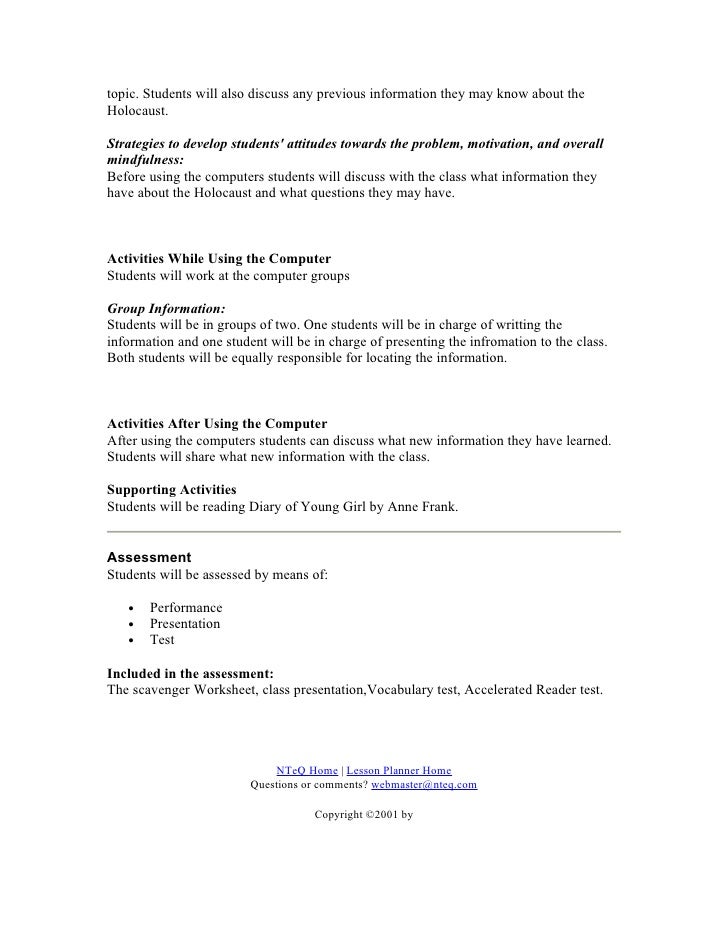Michael Marrus The Holocaust In History Pdf Worksheets
The Holocaust in history / Michael R. Research family history relating to the Holocaust and explore the Museum's. Which are available as a free PDF.
Anyone who meets Michael Marrus, a valued colleague and good friend for several decades, is likely to be impressed by his deep voice. It resounds throughout his Lessons of the Holocaust, which, in ways both persuasive and paradoxical, plumbs the depths of the fraught but vital topic that its title identifies. This book recapitulates and extends Marrus's distinguished career as Holocaust historian—a career he describes as 'a never-ending quest to get to the bottom of things' (p.
Two outlooks govern Marrus's version of that quest. First and foremost, with a premium placed on clear-eyed judgment and close attention to the best evidence available, Marrus wants to understand the Holocaust, since its status as an 'epoch-making watershed in the history of our times' derives from its most telling and mind-boggling features: 'unprecedented human wrongdoing the gravest atrocities, murder, and other horrors, on a practically unimaginable scale' (pp. 160, 162, 166, 168).

Events Like The Holocaust In History

Second, Marrus distrusts attempts to promote lessons in response to such carnage. As he mines the problems that beset even the best-intentioned aims to advance lessons of the Holocaust, his skepticism reaches a bottom line: 'beware of lessons' (p.
The Holocaust In History
Marrus comes by his caution honestly. Taking lessons about the Holocaust to be admonitions, directions, and prescriptions for future behavior and courses of action—typically intended to prevent repetition of atrocities or to 'make the world a better place'—Marrus shows in his analysis that such lessons are problematic: they are vague, contradictory, changeable, overgeneralized, lacking nuance, contested, or insufficiently grounded in history. [End Page 118] Beware of lessons—that, says Marrus, is his 'principal lesson of the Holocaust' (p. Persuasive though that lesson needs to be, Lessons of the Holocaust also reveals it to be paradoxical—as a lesson, 'beware of lessons' entails caution about itself—a quality that helpfully resists premature closure about lessons of the Holocaust. Furthermore, taking paradox to refer to statements or circumstances that are puzzling because they are conjoined in ways that are apparently at odds, consider that, contrary to Marrus's assertion, 'beware of lessons' may not really be his principal lesson of the Holocaust. A rival for that distinction could be his imperative to 'get the history right' (p. As he makes clear in this book through strong and frequent appeals to ongoing critical inquiry, careful research, sifting of evidence, objectivity, and commitment to truth—fundamental pursuits required to harness the passion to get to the bottom of things—Marrus teaches that 'when speaking about the Holocaust we all have a fundamental duty to be as faithful as we can be to the epoch-making events from which we issue statements that are supposedly validated by the campaign against European Jewry' (p.